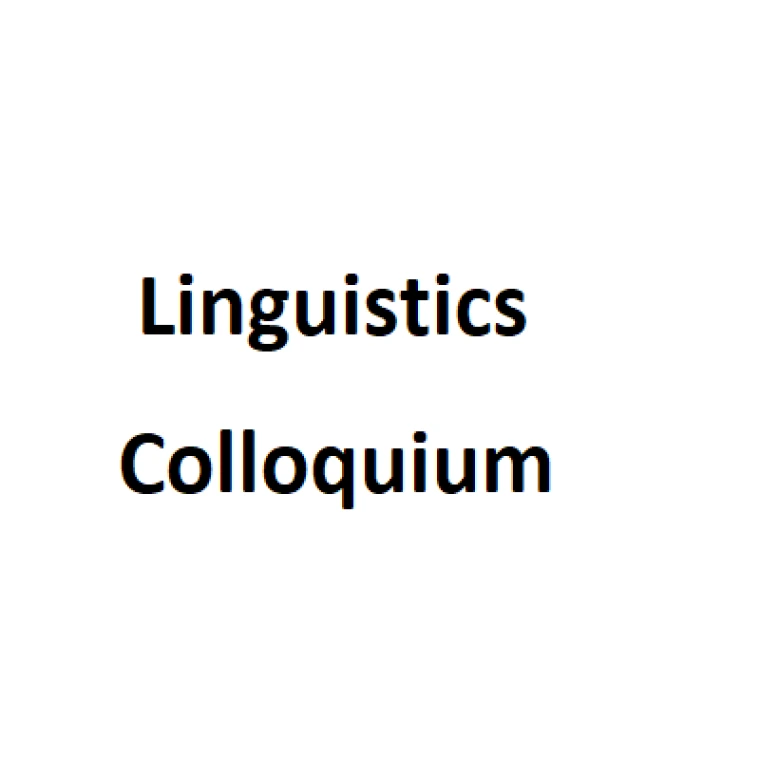The Department of Spanish and Portuguese Linguistics Colloquium
cordially invites you to a presentation by
Essa Batel
(University of Arizona)
entitled:
"Ambiguous word recognition in sentence contexts"
This presentation will present the result of an experiment that investigated the effect of sentence context on the recognition times (RTs) of ambiguous words (e.g., bank: [1] a financial institution, [2] an edge of a river/lake), focusing on second language (L2) learners with native speaker (L1) participants as a control group. In the L1 domain, some studies have already investigated the effect of sentence context on the recognition process of ambiguous words. For example, the Selective Access model suggests that only the appropriate meaning of an ambiguous word is accessed when presented within a context that is biasing for one specific meaning (Simpson, 1981; Van Pattern & Kutas,1978). However, the Reordered Access model suggests that all meanings of an ambiguous word are accessed, yet a biasing context leads to a rapid activation of the appropriate meaning while other meaning(s), although activated too, do not reach the same threshold (Duffy, Kambe, & Rayner, 2001; Duffy, Morris, & Rayner, 1988; Sheridan, Reingold, & Daneman, 2009). To test this, 24 adult English native speakers and 24 advanced-level adult learners of English performed a self-paced reading task where the secondary meaning of an ambiguous word was always the target meaning (e.g., Biasing: “John went to the river bank to check on his boat.” vs. Non-biasing: “John went to the bank to check on his boat.”). The recognition times (RTs) of the target words (i.e., bank & boat in this example) were recorded for statistical analysis. A linear mixed effects model showed that L1 participants were able to use the preceding biasing context to activate the secondary meaning equal to that of the primary meaning, which is compatible with the explanation of the Reordered Access Model. However, L2 participants had some difficulty in activating the secondary meaning even when the preceding context was biased for it, a result that is neither compatible with Reordered Access model nor the Selective Access one.
Essa Batel (University of Arizona)
When: Friday (November 30), at 1:30 pm
Where: Psychology 307


